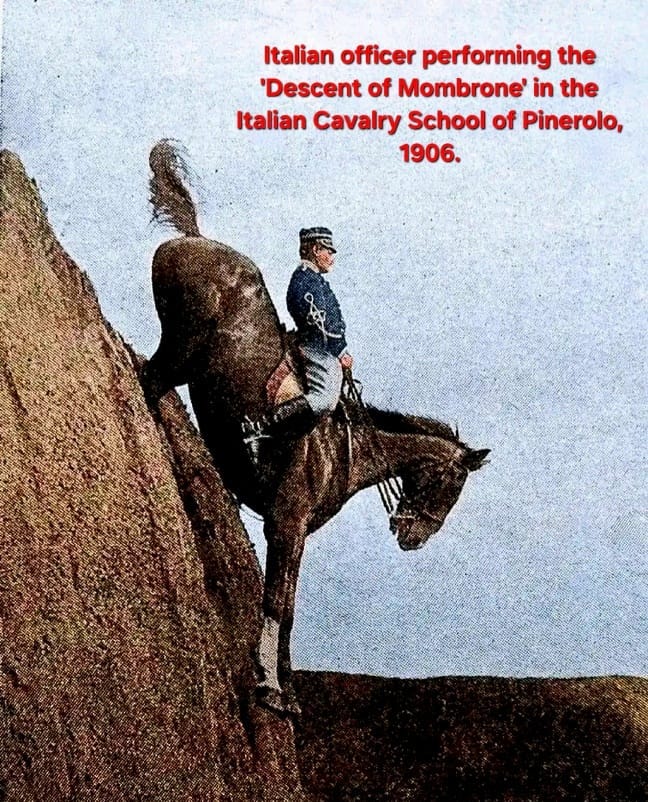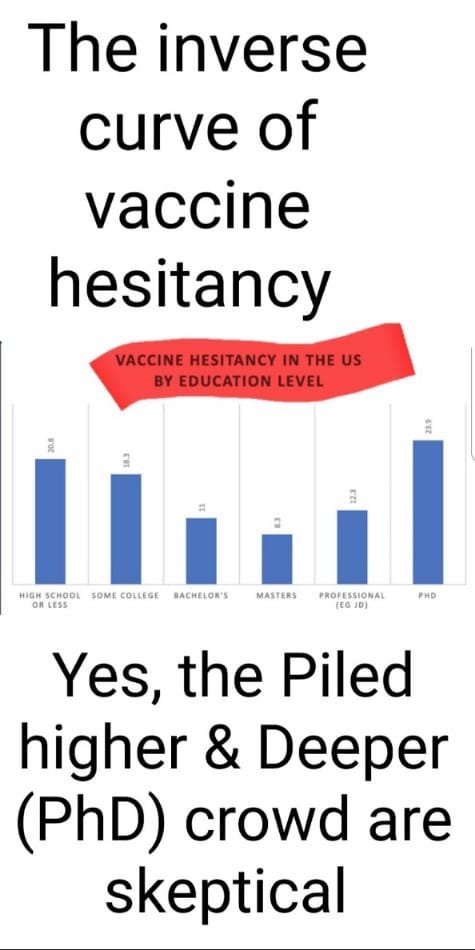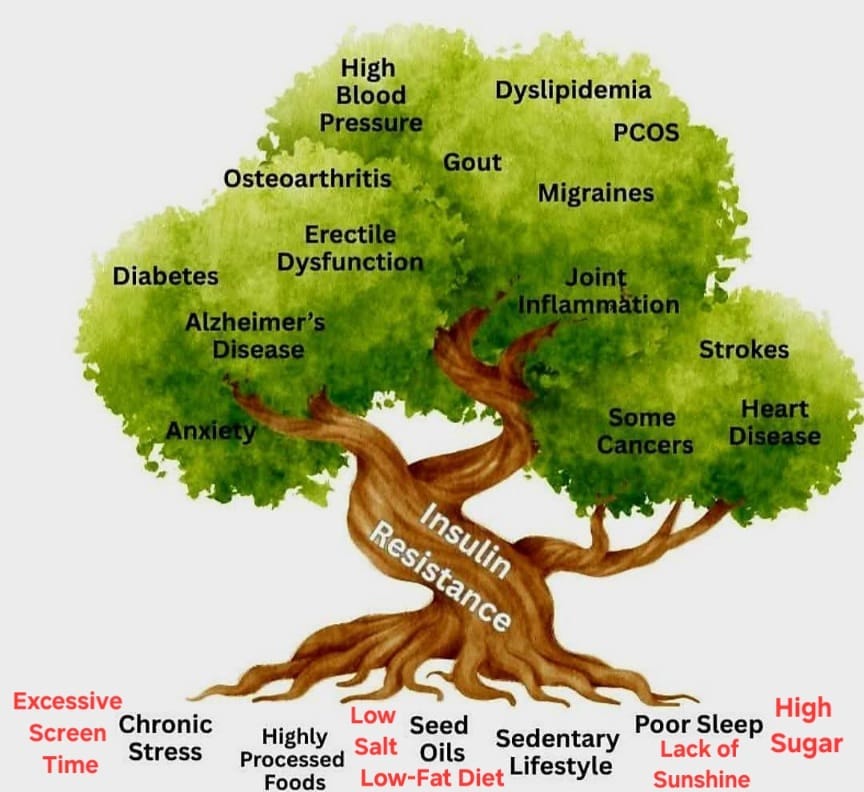Physicists & Mathematicians Don't "Follow the Science"
—A Bit of Skepticism is Good for Health
Mathematicians & scientists of a modern ilk often confuse science & the teaching of science with Richard Feynman's "Cargo Cult Science." For example, Adam Kucharski included this trumpet call to "follow the science" in an article on how geometric intuition becomes a liability in modern mathematics, where the unintelligibly absurd usually reigns.
«Today, much attention is given to misinformation, and the supposed flood of falsehoods online. In response, researchers and policy makers have sought ways to reduce false beliefs. But the more I looked, the more this simple story unravelled. A vocal minority do consume extreme amounts of false information and conspiracy theories online, but the broader picture shows most people still engage far more with trustworthy news sources than dubious ones.» ¹
"Trustworthy news sources" raises my conspiracy theorist hackles as sounding similar to "Trusted News Initiative! [TNI]
Kucharski, in an excluded middle fashion, then quotes Henri Poincaré:
«To doubt everything or to believe everything are two equally convenient solutions.»
Total naïvety or cynicism, ostrich head buried in sand or cobra fangs spitting venom everywhere, are but two narrow existential niches in a spectrum of choice that fail at the jaws of a roaming lion or mongoose. It is worthwhile quoting excerpts from Richard Feynman's witty speech (while jesting that he knew nothing about pedagogy) to teachers,"What is Science?" ²

«So there came a time in which the ideas, although accumulated very slowly, were all accumulations not only of practical and useful things, but great accumulations of all types of prejudices, and strange and odd beliefs.
Then a way of avoiding the disease was discovered. This is to doubt that what is being passed from the past is in fact true, and to try to find out ab initio again from experience what the situation is, rather than trusting the experience of the past in the form in which it is passed down. And that is what science is: the result of the discovery that it is worthwhile rechecking by new direct experience, and not necessarily trusting the [human] race[‘s] experience from the past. I see it that way. That is my best definition. ..

Another of the qualities of science is that it teaches the value of rational thought as well as the importance of freedom of thought; the positive results that come from doubting that the lessons are all true. You must here
distinguish–especially in teaching–the science from the forms or procedures that are sometimes used in developing science. It is easy to say, “We write, experiment, and observe, and do this or that.” You can copy that form exactly. But great religions are dissipated by following form without remembering the direct content of the teaching of the great leaders. In the same way, it is possible to follow form and call it science, but that is pseudo-science. In this way, we all suffer from the kind of tyranny we have today in the many institutions that have come under the influence of pseudoscientific advisers.
We have many studies in teaching, for example, in which people make observations, make lists, do statistics, and so on, but these do not thereby become established science, established knowledge. They are merely an imitative form of science analogous to the South Sea Islanders’ airfields–radio towers, etc., made out of wood. The islanders expect a great airplane to arrive. They even build wooden airplanes of the same shape as they see in the foreigners’ airfields around them, but strangely enough, their wood planes do not fly. The result of this pseudoscientific imitation is to produce experts, which many of you are. {"Cargo Cult Science"} [But] you teachers, who are really teaching children at the bottom of the heap, can maybe doubt the experts. As a matter of fact, I can also define science another way: Science is the belief in the ignorance of experts.
When someone says, “Science teaches such and such,” he is using the word incorrectly. Science doesn’t teach anything; experience teaches it. If they say to you, “Science has shown such and such,” you might ask, “How does science show it? How did the scientists find out? How? What? Where?”
It should not be “science has shown” but “this experiment, this effect, has shown.” And you have as much right as anyone else, upon hearing about the experiments–but be patient and listen to all the evidence–to judge whether a sensible conclusion has been arrived at.
In a field which is so complicated [as education] that true science is not yet able to get anywhere, we have to rely on a kind of old-fashioned wisdom, a kind of definite straightforwardness. I am trying to inspire the teacher at the bottom to have some hope and some self-confidence in common sense and natural intelligence. The experts who are leading you may be wrong.
I have probably ruined the system, and the students that are coming into Caltech no longer will be any good. I think we live in an unscientific age in which almost all the buffeting of communications and television–words, books, and so on–are unscientific. As a result, there is a considerable amount of intellectual tyranny in the name of science. ²

Finally, with regard to this time-binding, a man cannot live beyond the grave. Each generation that discovers something from its experience must pass that on, but it must pass that on with a delicate balance of respect and disrespect, so that the [human] race–now that it is aware of the disease to which it is liable–does not inflict its errors too rigidly on its youth, but it does pass on the accumulated wisdom, plus the wisdom that it may not be wisdom.
It is necessary to teach both to accept and to reject the past with a kind of balance that takes considerable skill. Science alone of all the subjects contains within itself the lesson of the danger of belief in the infallibility of the greatest teachers of the preceding generation.» ³ (added emphasis)

¹ Adam Kucharski (13 June 2025) When Monsters Came for Mathematics, —Adam Kucharski’s 3 greatest revelations while writing Proof: The Art and Science of Certainty, Nautilus, is.gd/CPnc5Y
² "We live in a technological dark age," (1972) Professor Gian-Carlo Rota, personal communication.
³ Richard Feynman (1966) "What is Science?" Speech to the National Science Teachers Association, in (1969) "The Physics Teacher" 7(6) 313-20. Words & symbols in brackets added by Ralph Leighton.] is.gd/wtUunL. I added {"Cargo Cult Science"}.






Stumbled across this: https://archive.org/details/DTIC_ADA364278/page/58/mode/1up
Nicely done, Captain. Explains a lot about the human condition.